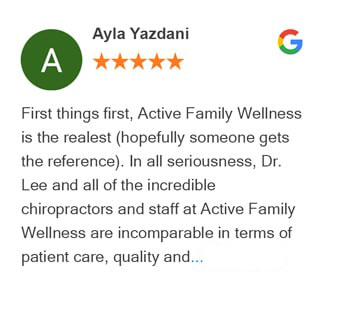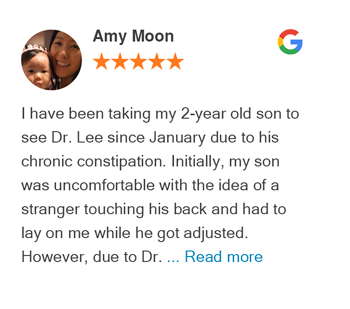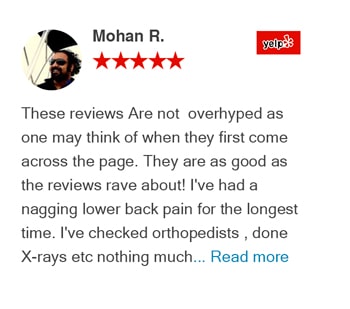Suffering From Vertigo?
Have you ever experienced dizziness that accompanies no movement? That’s vertigo. Let’s talk about it.
Vertigo is a feeling that the world around you is spinning, rocking, or rotating even when you’re holding perfectly still. Some people might barely notice the sensation, but in others, the feeling can be so severe that they find it impossible to keep their balance and conduct simple everyday tasks.
A Vertigo attack can last for a second or much longer. Most patients often use vertigo and dizziness interchangeably to describe several symptoms, including difficulty walking, balance disorders, and lightheadedness. However, specialists consider vertigo as a symptom that results from a problem in the ear and brain balance centers.
If you’re suffering from vertigo or a vertigo attack that has lasted for days, it’s wise to seek a Vertigo Specialist immediately.
Symptoms of Vertigo
Vertigo Signs and symptoms often vary from one person to another. One individual can have mild symptoms, while another can have severe. It all depends on the cause of the condition.
Common vertigo symptoms include:
- Nausea and vomiting
- Headaches
- Sweating
- Ringing in the ears
- Double or blurry vision
- Difficulty in walking
- Hearing loss in one ear
- Ringing ears
- Balance problems
- Nystagmus
In severe cases, a person might experience the symptoms below:
- Weak limbs
- Slurred speech
- Eye movement difficulties
- Difficulty swallowing
- Facial paralysis
Common Causes of Vertigo?
Vertigo is not a condition. Rather, a symptom of a condition. Several issues can cause vertigo. But first, let’s look at the types of vertigo.
- Peripheral vertigo: It’s the most dominant type of vertigo. It occurs when the inner ear or the versicular nerve (which connects the brain and inner ear) has a problem.
- Central Vertigo: It happens when an area of the brain glitches, especially the cerebellum.
Some common causes of vertigo include:
- Meniere’s disease
- Labyrinthitis (swollen or irritated inner ear)
- Benign paroxysmal positional vertigo (BPPV)
- Medication toxic to the ear, including diuretics and aminoglycoside antibiotics
- Inflammation of the vestibular nerve
- Migraine
- Head injury
- Stroke
- Cancerous and noncancerous tumors
Vertigo Treatment
Vertigo treatment depends on the cause. Most cases of vertigo usually go away with no treatment. But if the symptom persists, the doctor might prescribe pharmacological drugs, including Antihistamines and prochlorperazine.
Other Treatments Include:
Vestibular rehabilitation
It’s a rehabilitation program that aims to strengthen the vestibular system, manage dizziness and solve balance problems.
Chiropractic Treatment
It’s a safe, non-surgical treatment that can manage various vertigo symptoms.
Chiropractic Treatment for Vertigo
Chiropractic adjustments of the spine can help your nervous system to function at the highest level possible. A well-aligned spine encases the nervous system and promotes efficient communication between the brain and the body. As a result, your ears, brain, immune system, and lymph nodes are well-positioned for faster healing after each adjustment.
Besides that, chiropractic manipulations allow your joints and vertebrae in the cervical spine to realign. Therefore, correcting the nervous system paths allows the correct flow of signals from the inner ears to the brain.
If you’re looking for a chiropractor for vertigo in Fairfax, please visit Active Family Wellness. The specialists at the clinic use the Epley Maneuver technique to recalibrate the inner ear and its components and eliminate the disruptions caused by vertigo.
What Our Patients Say




























Book an Appointment
Please use the booking tool below to request an appointment. Our patient care coordinator will call you shortly to finalize your appointment.
If you don’t find slots for the appointment, please call us directly at (703) 373-7113.

